All Types of STDs and STIs
Bacterial STDs
Bacterial sexually transmitted infections (such as gonorrhea, syphilis and chlamydia) are passed from person to person during sexual intercourse. They are caused by bacteria — tiny single-celled microorganisms. Bacteria are highly resistant and are able to survive in various environments. Our body is home to many microorganisms and not all of them are dangerous. Infections are generally easy to treat with antibiotics, however bacterial STIs often show no symptoms and are left untreated which can cause serious damage to health of the person infected.
Pelvic inflammatory disease is among the complications of bacterial STIs such as chlamydia and gonorrhea. It can have further impact on health leading even to infertility. Untreated syphilis is potentially dangerous to internal organs including heart and brain.
Considering asymptomatic character of bacterial STIs it is highly recommendable to undergo a yearly medical check-up as medical tests are the only reliable method to detect STDs. After being detected some STDs can be cured even with one dose of antibiotics but for those that require long treatment it is important to comply with the therapy schedule.
Vaginitis
Vaginitisis a common disease that affects women of various ages and shows the following signs:
- Irritated and itching vagina
- Change in the amount, color of smell of vaginal discharge
- Painful urination and/or intercourse
Vaginitis is cured with specially prescribed drugs and gels or creams applied locally.
Chlamydia
Chlamydia is a very common disease that infects cervix, urethra or rectum and can be contracted through sex contact of any type, from mother to baby during childbirth, by carrying the infected liquid on hands to the eyes (rare).
Chlamydia often runs asymptomatically which makes it potentially dangerous especially for women’s fertility. Sometimes this disease shows up through unusual discharge from the genitals, painful urination and bleeding during or after the intercourse. Chlamydia is effectively treated with the antibiotics but abstention from sex is crucial until the treatment is over. Both partners need to be treated.
Gonorrhea
Gonorrhea is very similar to chlamydia in the way it is transmitted and the way it is treated. The patients with chlamydia are almost always prescribed to take medications against gonorrhea and vice versa. Gonorrhea mostly attacks urethra, cervix and fallopian tubes. This disease can run asymptomatically in most women but sometimes the following signs are noticeable:
- discharge from penis or rectum
- pain while urinating and having intercourse
Syphilis
Syphilis is a disease caused by spirochete microorganism. Sometimes syphilis is difficult to distinguish as it can imitate the course of other diseases but generally it starts with the sore in the area of penis or vagina. Blood test is a reliable way to detect this disease and the treatment consists of antibiotics course (mainly penicillin-based). One can contract syphilis during sex of any type with the person infected or as a result of a direct contact with the sore. Syphilis runs through several stages and when left untreated it can lead to damage and breakdown of various systems of the organism.
Pelvic Inflammatory Disease
Pelvic Inflammatory Disease affects only women and comes as a result of bacteria moving from vagina or cervix to the uterus, fallopian tubes, ovaries, or pelvis. PID can develop as the complication of chlamydia and gonorrhea damaging fallopian tubes and tissues in and near the uterus and ovaries and even leading to infertility in serious untreated cases.
The common symptoms of PID are:
- abnormal periods and/or abnormal vaginal discharge
- pain in the lower abdominal
- low-fever and flu-like symptoms
Although PID is successfully treated with antibiotics it is crucial to immediately see the doctor after noticing the symptoms as the harmful consequences to the reproductive system can be irreversible.
Viral STDs
Viral STDs (HIV/AIDS, genital herpes, genital warts, hepatitis B, HPV) often run without signs (or with the symptoms that come and go like sores or blisters for genital herpes) which make it easy to get infected from the partner unnoticeably and to transmit the disease to other people.
Viral STDs are caused by viruses — small microorganisms that dwell inside a human host. Viral infections spread by means of altering human cells and making them produce more viral cells. A person can get a viral STD even not being involved in sexual contact.
This disease can also be transmitted:
- During blood transfusion
- During pregnancy, birth and breastfeeding from mother to child
- While sharing personal things like towels or toothbrush
There are no drugs that cure viral STDs for good. Several of them can persist for the long time and even for the whole life bringing sometimes irreversible damage for health if left untreated. However, orderly treatment can help keeping the virus under control for a consistent period of time and alleviate the symptoms reducing the impact of the disease on everyday life of the patient. In addition to this there are vaccines to help prevent HPV and hepatitis.
What is peculiar about our body is that in some cases it can produce antibodies to the infection which reduce the symptoms or even combat the disease completely. However only medical tests can show whether the virus is losing its impact and it is necessary to abstain from sex until the active treatment prescribed by the doctor is over.
Herpes
Genital herpes is caused by the same virus that results in cold sores around the mouth and has the same signs in the genitals and rectum area. It is spread though contact with the infected parts of skin mainly during the intercourse but in some cases it can be transmitted from mother to a child during giving birth. Although herpes symptoms are easy to treat, there’s no cure against the virus and after the outbreak lasting 2–3 weeks the disease comes into a dormant stage with the infected person remaining a potential transmitter.
Human Papillomavirus
Human Papillomavirus also known as “warts” is a wide-spread disease with about 100 of types detected. It passes from person to person though sex contact and especially through skin-to-skin contact with the infected areas. Warts are highly contagious but even the dormant stage without warps can lead to infecting other person. There are several ways to treat warts including cryotherapy, laser and electric current treatment but even if the warts no longer occur it is necessary to undergo regular checkups to prevent HPV developing into cancer.
Hepatitis B
Hepatitis B is a sexually transmitted virus spread through the infected blood, semen and vaginal fluids that causes the inflammation of the liver. It often goes with flu-like symptoms such as nausea, tiredness, loss of appetite and muscle pain and is difficult to treat. There’s no cure for Hepatitis B but there’s an effective vaccine which can help prevent this dangerous disease.
Hepatitis C
Hepatitis C is caused by the hepatitis C virus and is rarely spread though sex contact. Hepatitis C is not contracted through kissing, sneezing, coughing and sharing objects. The symptoms of Hepatitis B and Hepatitis C are very much alike with flu-like signs and jaundice.
Human Immunodeficiency Virus (HIV)
Human Immunodeficiency Virus is a virus that can be transmitted through the infected human liquids, through unprotected sex of any type, through the infected needles for drugs injection as well as the instruments for tattooing and from mother to child. It damages the immune system and may lead to AIDS although people with HIV can also live long without developing AIDS. There’s no medicine or vaccine for HIV but this virus can be controlled by a combination of medications.
Parasitic STDs
Parasitic STDs are caused by parasites, the small bugs that require a host to live in. Some parasites can severely damage the host’s health with toxins leading to parasitic infection, while others have no impact on the body at all. Parasitic STDs are transmitted from person to person during sexual contacts or non-sexual contacts such as birth or breastfeeding from mother to child, while sharing common objects such as towels, bedding or clothes.
Parasitic STDs are broken down into 5 types: intestinal parasites, pubic lice, scabies, trichomoniasis and vaginitis. Trichomoniasis and intestinal parasites are easily cured with prescribed anti-parasitic and antibiotic medications. Scabies, pubic lice, and certain types of vaginitis can be cured with over-the-counter medical shampoos, lotions and creams. The common symptoms of parasitic STDs are reddish irritated and itching skin in the genitals area sometimes with the signs of bites in case of lice or discharge from vagina and penis in case of trichomoniasis.
Trichomoniasis
Trichomoniasis is caused by small parasites that can be transmitted from person to person during sex contact or as a result of the contact with the wet clothes, towels and toilet seats where these parasites dwell. Trichomoniasis is cured effectively with antibiotics but the treatment of both partners is necessary.
Pubic Lice
Pubic lice are small insects that live in pubic hair, pass from person to person through direct contact or sharing infected objects. They bite the host causing skin itching and are cured with medical shampoos and lotions.
Fungal STDs
Fungal infections can arise in the genital area and transmit during the intercourse. However, it is not only sexual contact that leads to developing of the fungal infection. Fungal infections are often triggered by taking antibiotics and birth control pills, using perfumed vaginal washing products or by lack of airflow while wearing tight underwear. Pregnant women and patients with diabetes are also in the group of risk as well as men ignoring washing under the foreskin.
One of the most common fungal infections is yeast infection which is not formally an STD but can be contracted through sex contact although a person having yeast infection doesn’t necessarily has sexual life. Yeast infection leads to overgrowth of the natural yeast in the organism that changes the normal bacteria balance. The signs of fungal infections are similar to some other STDs and include:
- Painful urinating and intercourse
- Vaginal itching
- Swelled tip of the penis
It is advisable to see the doctor to be diagnosed and treated correctly if any of these symptoms become noticeable. Thrush, jock itch and balanitis are among the other fungal infections that can be transmitted during sexual intercourse. Fungal infections are treated with special creams and lotions that easily fight the disease and reduce the nuisance brought by the symptoms.
Vaginal yeast
Vaginal yeast is a common fungal infection that results in yeast growth in woman’s vagina and painful urination, vaginal itching and thick white vaginal discharge. Over-the-counter antifungal medications are effective in combatting this disease.

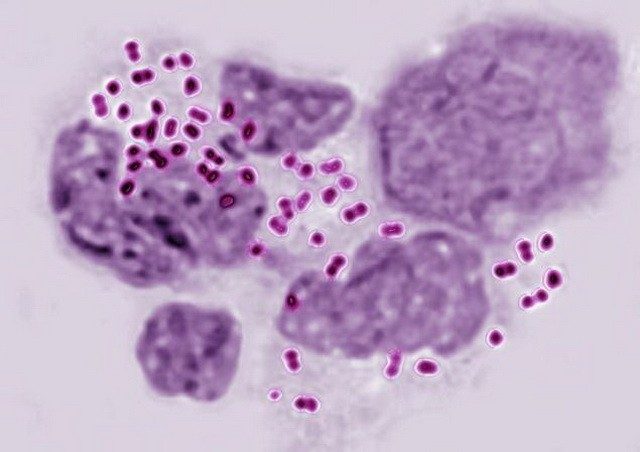
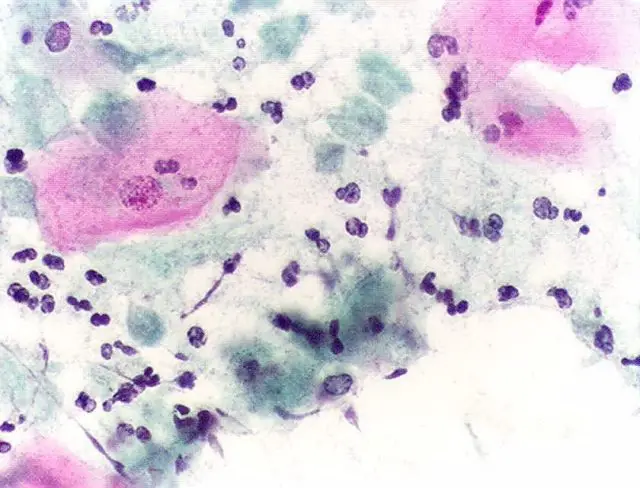
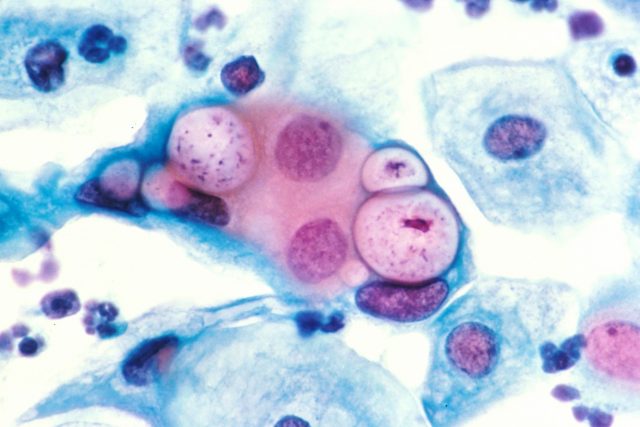
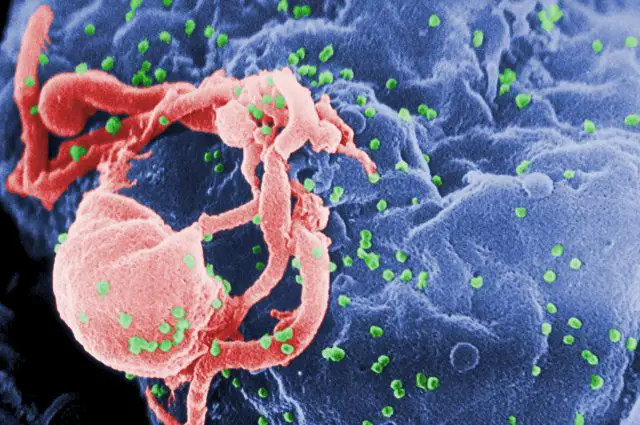
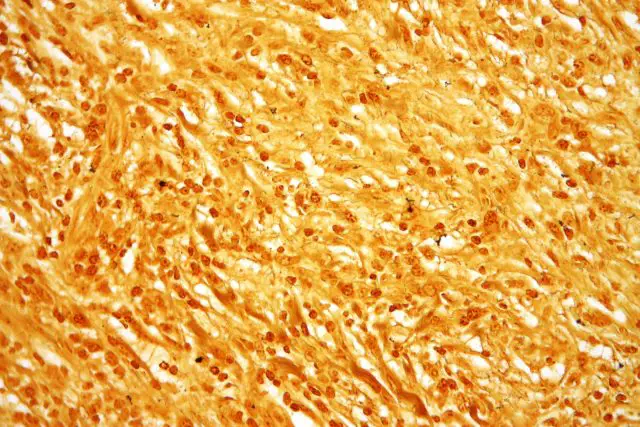
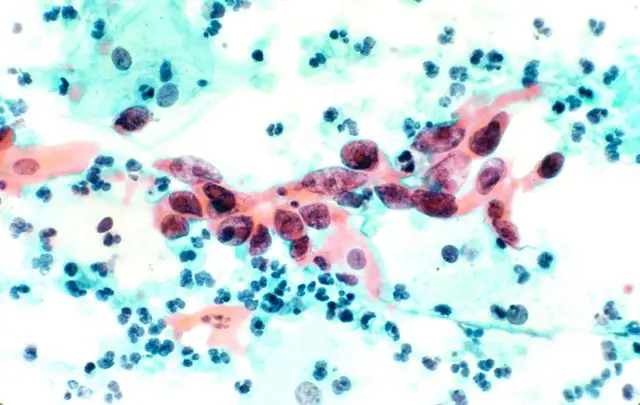
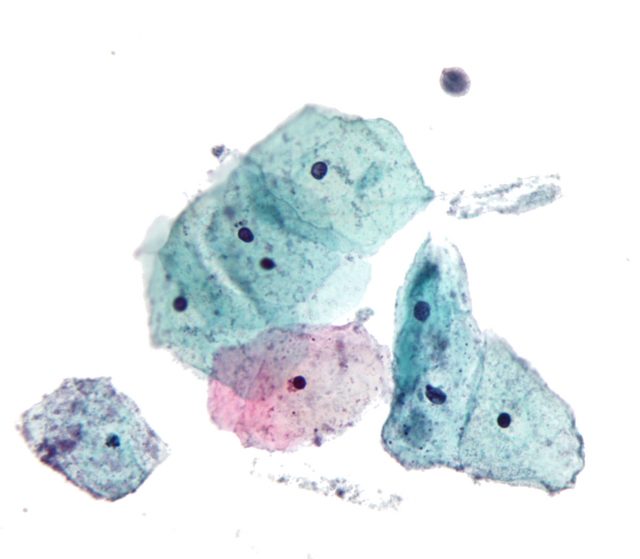
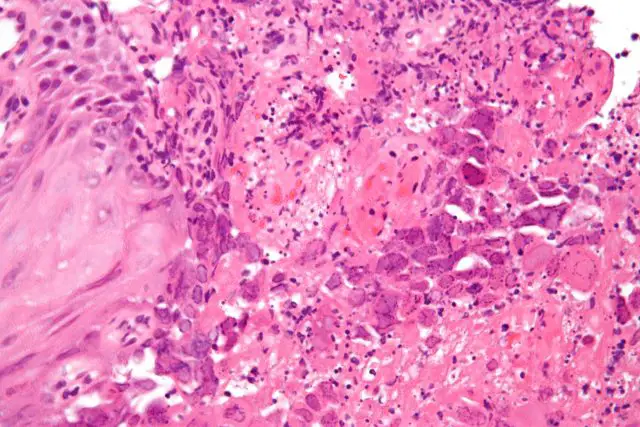
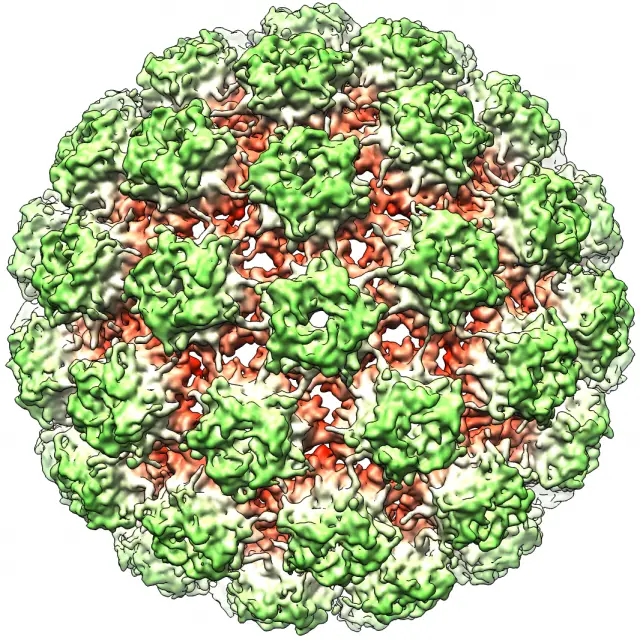
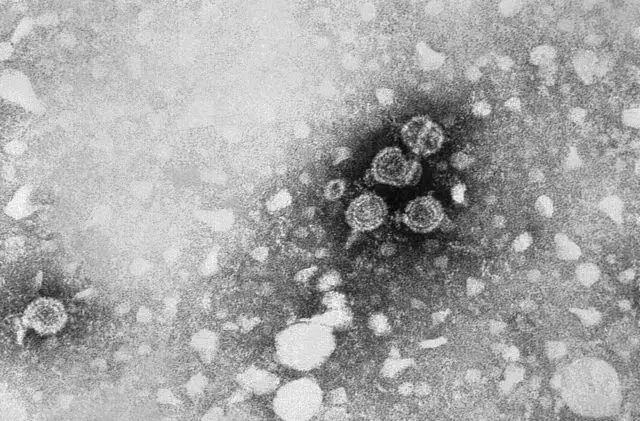
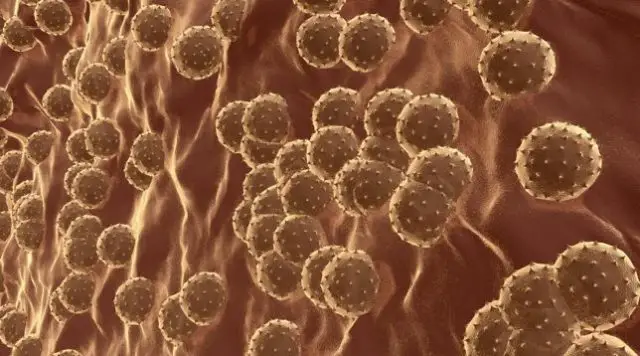
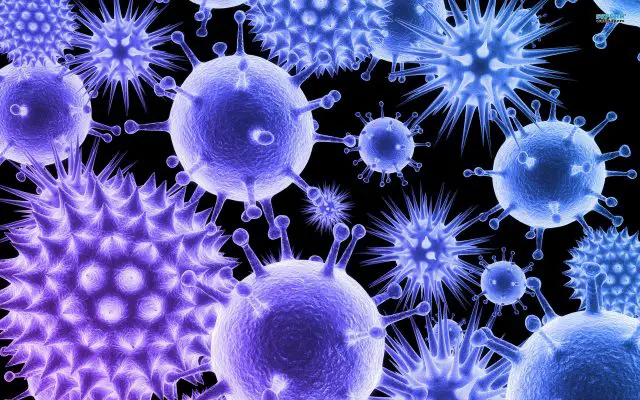
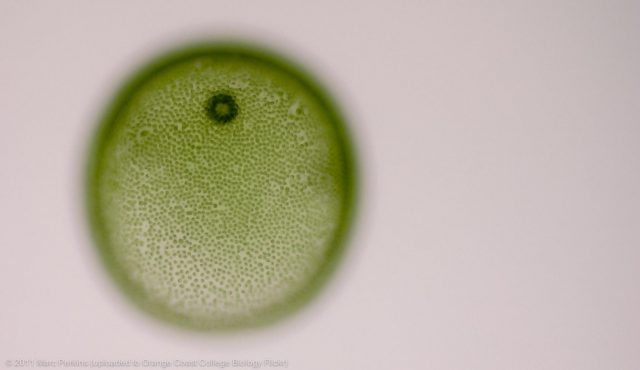
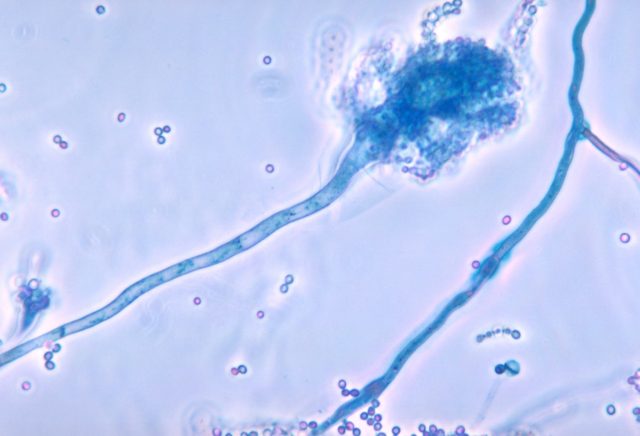
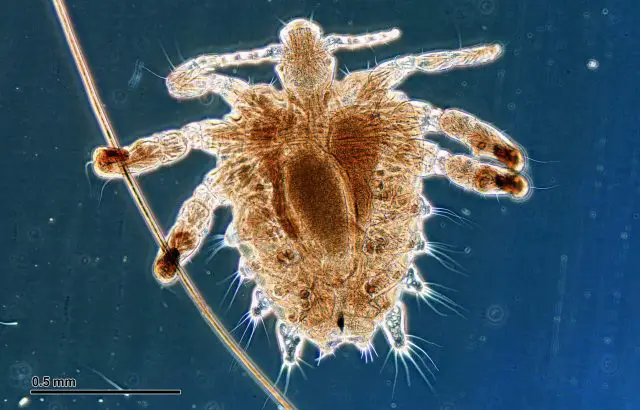
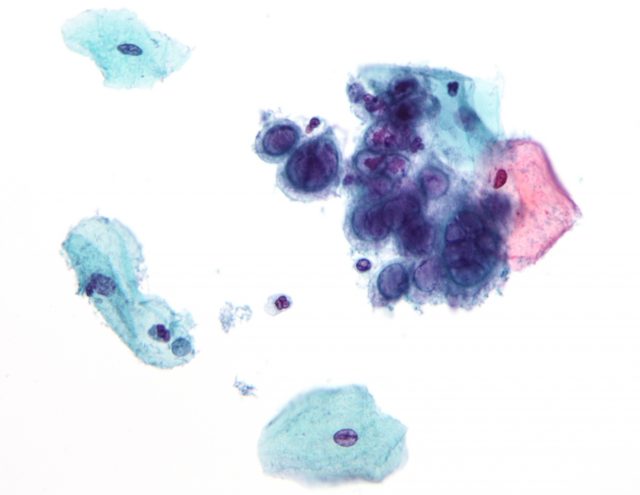
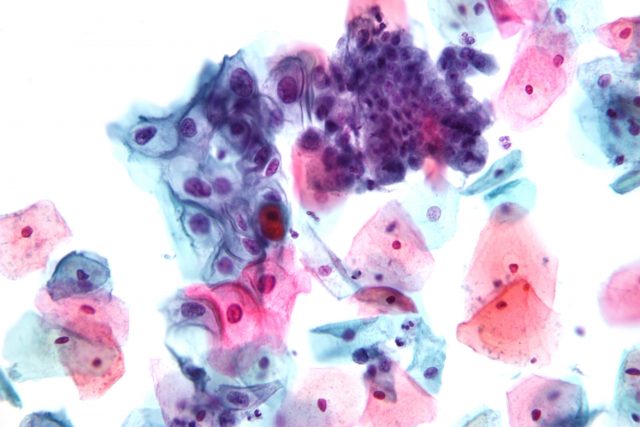
Bryson
I had some two types of stds..I was well treated..I came back after a week..and was rechecked..and was told I was cured
..but I have started experiencing some acidic discomfort in my urinal bladder..what might be the cause